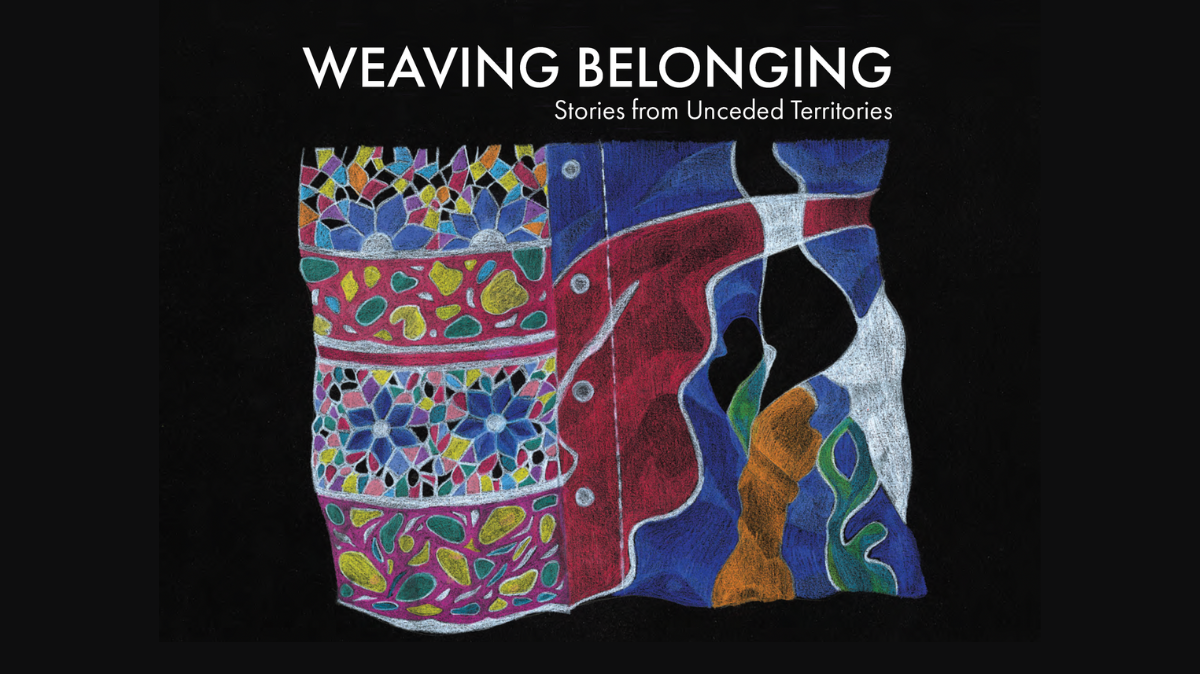Face and the ethics of the refugee selfie
A keynote for the New Media Aesthetics of Migration Workshop (workshop will follow keynote)
Wednesday, April 14, 2021
9:00 a.m. PT
Professor Lilie Chouliaraki
London School of Economics and Political Science
[ Abstract ]
In this keynote, I propose a new understanding of the refugee selfie as moral practice. Extending our current approaches to the digital genre of the selfie as an aesthetic or techno-social practice, this new understanding stems from two places. First, it stems from the function of the selfie to confront us with the face of the other (as a locative ‘here I am’ and an existential ‘here I am’) and, in so doing, to make a demand for a moral response. Second, it stems from the capacity of the selfie to flow, both horizontally across social media (intermediation) and vertically onto mainstream news platforms (remediation). As both face and flow, the ethics of the selfie becomes particularly relevant in research questions around human mobility as well as other around excluded or marginalized groups that struggle for visibility in western media spaces.
Taking therefore my starting point in the European refugee crisis and its extensive media coverage, I ask the following question: What does it mean for refugee selfies to circulate on western news platforms? In which ways are they inserted in ‘our’ visual economies? How is their news value justified? And what role do these justifications play for western media not only as news platforms but also as moral and political spaces? By addressing these questions through the lens of the selfie as moral practice, I show how the face of refugees is systematically subjected to the institutional flows of western media that appropriate, marginalise or displace this face in our digital screens — a practice that I call “symbolic bordering.”
[ About ]
Lilie Chouliaraki is Professor of Media and Communications at the London School of Economics and Political Science. Her work focuses on the ethical and political complexities of communicating human suffering in the media with particular emphasis on four domains in which suffering appears as a problem of communication: disaster news; humanitarian and human rights advocacy; war & conflict reporting and migration news. Her most recent work is on how digital platforms and genres (twitter, mobile phone footage, selfies) are changing the ways in which we communicate human vulnerability and victimhood. Her book on the topic is forthcoming in Columbia University Press, New York. Other publications include ‘Discourse in Late Modernity’ (1999), ‘The Spectatorship of Suffering’ (2006), ‘The Soft Power of War’ (ed., 2008), ‘The Ironic Spectator. Solidarity in the Age of Post-humanitarianism’ (2013), ‘The Routledge Handbook of Humanitarian Communication’ (co-ed, in press) and ‘The Digital Border. Mobility, technology and power in the age of social media’ (with Myria Georgiou, New York University Press, to appear later in 2021). Lillie has also published more than sixty articles in peer-reviewed journals and edited volumes. Her work has been published in French, Italian, Portuguese, Polish, Danish, Greek and Chinese; she is the recipient of two LSE Teaching Excellence Award and four international research awards, more recently the Outstanding Book of the Year award of the International Communication Association (2015, for ‘The Ironic Spectator. Solidarity in the Age of Post-humanitarianism’); as well as a lifetime Fellowship from the International Communication Association (2020).
